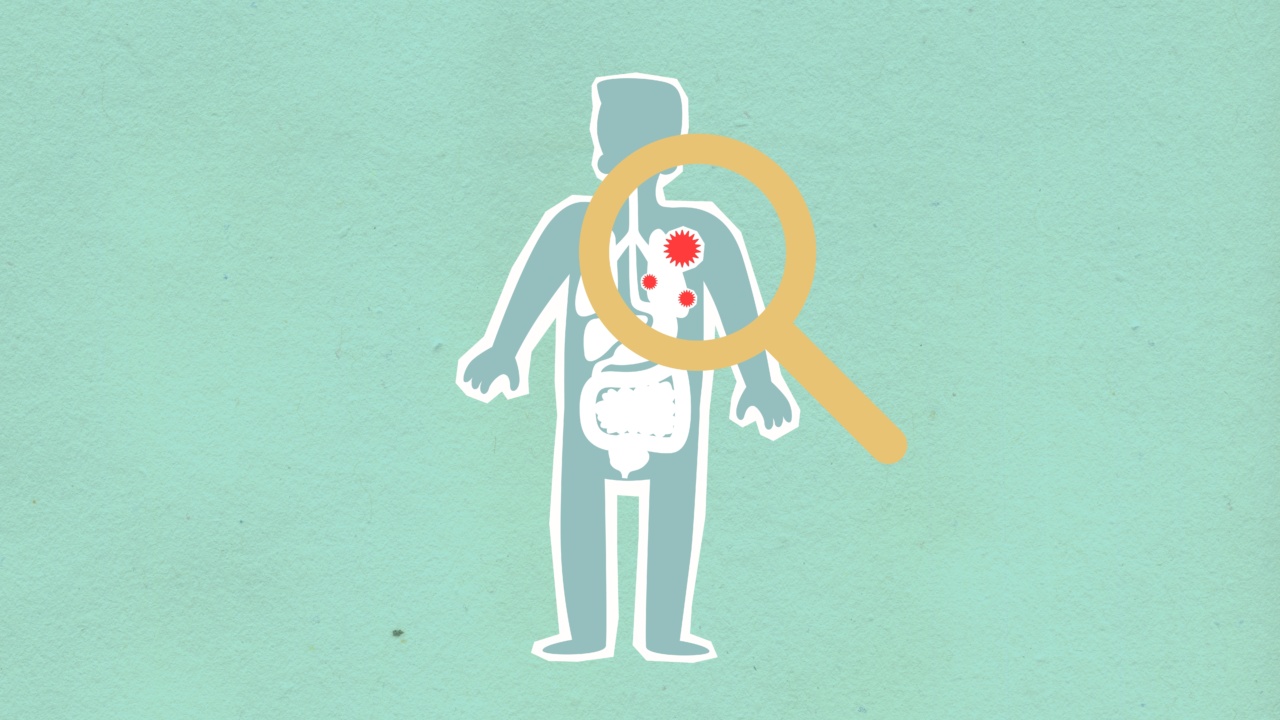Genital infections are a common health concern for people of all genders. These infections can cause distressing symptoms and may even impact fertility. Here are some of the most common genital infections that can affect fertility:.
1. Chlamydia
Chlamydia is a bacterial infection that is spread through sexual contact. It is a common STI, especially among young people. Most people with chlamydia do not experience any symptoms, so the infection can go undetected for a long time.
If left untreated, chlamydia can cause serious complications, including infertility. In women, chlamydia can cause scarring in the fallopian tubes, which can hinder the movement of eggs and result in difficulty conceiving. In men, chlamydia can lead to inflammation of the testicles and ducts, which can affect sperm production.
2. Gonorrhea
Gonorrhea is another bacterial infection that is transmitted through sexual contact. Like chlamydia, it often does not cause symptoms. If left untreated, gonorrhea can lead to infertility and complications in both women and men.
In women, untreated gonorrhea can cause scarring in the fallopian tubes and increase the risk of ectopic pregnancy (a pregnancy that occurs outside the uterus). In men, gonorrhea can cause scarring in the urethra, which can lead to difficulty urinating and affect fertility.
3. Human Papillomavirus (HPV)
HPV is a viral infection that is spread through skin-to-skin contact. There are over 100 different strains of HPV, and some strains can cause genital warts or lead to cancer.
While HPV itself does not usually impact fertility, certain treatments for severe cases (such as surgery or radiation therapy) can cause damage to the reproductive system.
4. Herpes
Herpes is a viral infection that is transmitted through skin-to-skin contact. It causes outbreaks of painful blisters or sores on the genitals.
While herpes outbreaks do not typically lead to infertility, they can cause discomfort and make it difficult to conceive. In rare cases, herpes infections can lead to complications during pregnancy and childbirth, including premature birth, low birth weight, and transmission of the virus to the baby.
5. Trichomoniasis
Trichomoniasis is a parasitic infection that is spread through sexual contact. It can cause itching, burning, and discharge in the genital area.
While trichomoniasis itself does not usually lead to infertility, it can make it harder to conceive if the infection is not treated. In men, trichomoniasis can cause inflammation of the prostate gland, which can impair sperm function and affect fertility.
6. Bacterial Vaginosis
Bacterial vaginosis is a bacterial infection that occurs when the balance of good and bad bacteria in the vagina is disrupted. It can cause a foul-smelling discharge, itching, and discomfort.
While bacterial vaginosis does not typically impact fertility, it can increase the risk of other infections (such as chlamydia and gonorrhea) that can lead to infertility.
7. Yeast Infections
Yeast infections are a type of fungal infection that can occur in the genital area. They can cause itching, burning, and thick white discharge.
While yeast infections do not usually impact fertility, they can make it harder to conceive if the infection is not treated. In rare cases, severe yeast infections can lead to scarring and damage in the reproductive system.
8. Mycoplasma
Mycoplasma is a bacterial infection that is spread through sexual contact. It can cause urethritis in men and cervicitis in women (inflammation of the cervix).
While mycoplasma itself does not usually lead to infertility, it can cause inflammation and scarring of the reproductive organs if left untreated.
9. Syphilis
Syphilis is a bacterial infection that is transmitted through sexual contact. It can cause a range of symptoms, from mild to severe. If left untreated, syphilis can lead to serious complications, including damage to the heart, brain, and nervous system.
In some cases, syphilis can also cause infertility.
10. Pelvic Inflammatory Disease (PID)
Pelvic inflammatory disease is a bacterial infection that occurs when bacteria from the vagina or cervix spread to the uterus, fallopian tubes, or ovaries. It can cause pelvic pain, fever, and abnormal vaginal discharge.
If left untreated, PID can lead to complications such as infertility, chronic pain, and ectopic pregnancy.




























